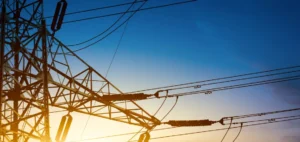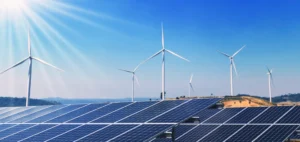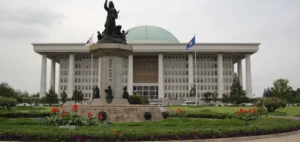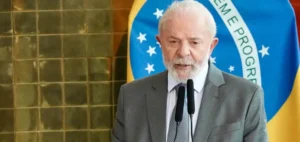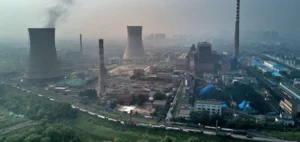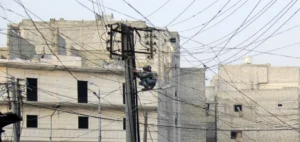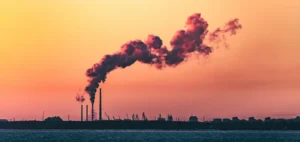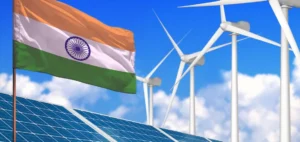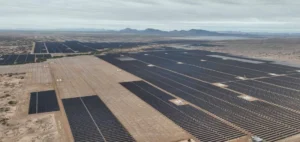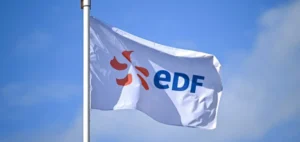Aluminum production company CMC Poland and renewable energy producer Statkraft have signed their second and third Power Purchase Agreements (PPAs) to secure a long-term price for renewable electricity produced during the period 2025-2034.
Guarantees of origin for renewable energy in Poland
Statkraft, Europe’s largest renewable energy producer, will supply CMC Poland with APPs from its Polish renewable APP portfolio. The delivery also includes guarantees of origin for renewable energy in Poland.
Successful collaboration on electricity supply and decarbonization
“Statkraft has been a long-standing partner in the execution of CMC Poland’s power supply strategy and decarbonization process. We partnered three years ago, and with this second and third agreement we are setting new standards for the industry in Poland. With the current volatility of the electricity market, having a reliable partner such as Europe’s largest renewable energy producer is a solid foundation to ensure our continued competitiveness. These PPAs provide us with great cost certainty for our energy-intensive business,” said Jerzy Kozicz, Chairman of the Board of Directors of CMC Poland Sp. zoo.
Complementary agreements for financial security
The PPA agreements with Statkraft are complementary to the existing contract that CMC Poland has with its exclusive long-term physical supplier, PGE Obrót SA. These PPAs provide financial security and cost certainty for CMC Poland’s energy-intensive activities.
By setting new standards for the industry in Poland, CMC Poland and Statkraft are showing that collaboration between energy companies and manufacturing companies can be successful in the transition to a decarbonized economy.
By entering into these APPs, both companies are demonstrating their commitment to the environment, while ensuring their continued competitiveness in an ever-changing energy market.










